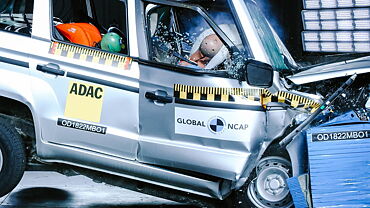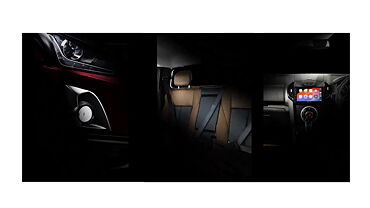The condition of Indian economy is worsening day by day as the value of rupee continues to decline on a regular basis. As of now, the value of the dollar is almost Rs. 66 and the forecast suggest that this is going to increase in coming times. Industry experts are of a view that this crisis in the Indian economy has had an adverse affect on the auto market. The Indian car industry has been badly hit by the slowdown in demand and the constantly decline value of currency has further added to the woes. This slump in the Indian auto industry began with the fall in numbers for the last fiscal year, a trend that is likely to continue in the current fiscal year as well. The effect of this slump can be seen on the steps taken by companies in order to battle the crisis.
In recent times, car makers have been forced to stop production for a number of days. This step has been taken in order to match the level of supply with demand as the former has exceeded the latter off late. A number of car companies have made official announcements regarding 'no production' days and the kind of effect they had on the prospects. The repercussions have not stopped to just no production days as the cost inputs have also risen due to the slump in the economy. Fall in the value of the rupee has directly increased the cost for car companies who are producing or assembling vehicles locally. Also, firms that bring in cars as Completely Built Units (CBUs) have been hit the most by this crisis. There has been a direct rise in the cost of raw materials, such as steel, copper and aluminium. According to sources, firms operating in the Indian car market have started sourcing vehicle parts from domestic vendors to reduce imports and subsequently, reduce the cost.
R. Sethuraman, Director for Finance and Corporate Affairs for Hyundai Motor India, talked about the slump in a recent interview, expressing his concern and stating possible reasons. "The problem is twofold: The current economic scenario has been putting a lot of pressure on the auto industry for the last 10 months. Second is the rupee depreciation which is putting pressure on costs," he said.
The biggest blow, however, has been dealt to buyers in the Indian car market, who have been forced to pay higher prices. In recent times, the impact of fall in rupee has lead to widespread price rise all over the country. The prices of fuel, in particular, have seen a steep rise in recent times, thereby automatically increasing the cost of driving cars in India. In addition, car makers operating in India have raised prices of their vehicles in order to save their profit margins, thereby transferring the burden on the shoulders of buyers. The rise in prices of both fuel and vehicles have increased the reluctance of customers, who are planning to buy a new car.
Car makers in India, however, have been devising different strategies to battle the slowdown and increase their sales. One of the most prominent methods to cope with the slump is the launch of new vehicles, a ploy that has worked for a few firms. American auto giant Ford introduced the much hyped EcoSport compact Sports Utility Vehicle (SUV), which performed beyond expectations to receive around 30000 bookings in just 17 days. Luxury car makers like BMW, Mercedes-Benz and Audi have adopted a strategy to launch low cost vehicles to attract price sensitive Indian buyers. Lastly, car makers have also offered heavy discounts and lucrative deals to clear piled up inventories.



























